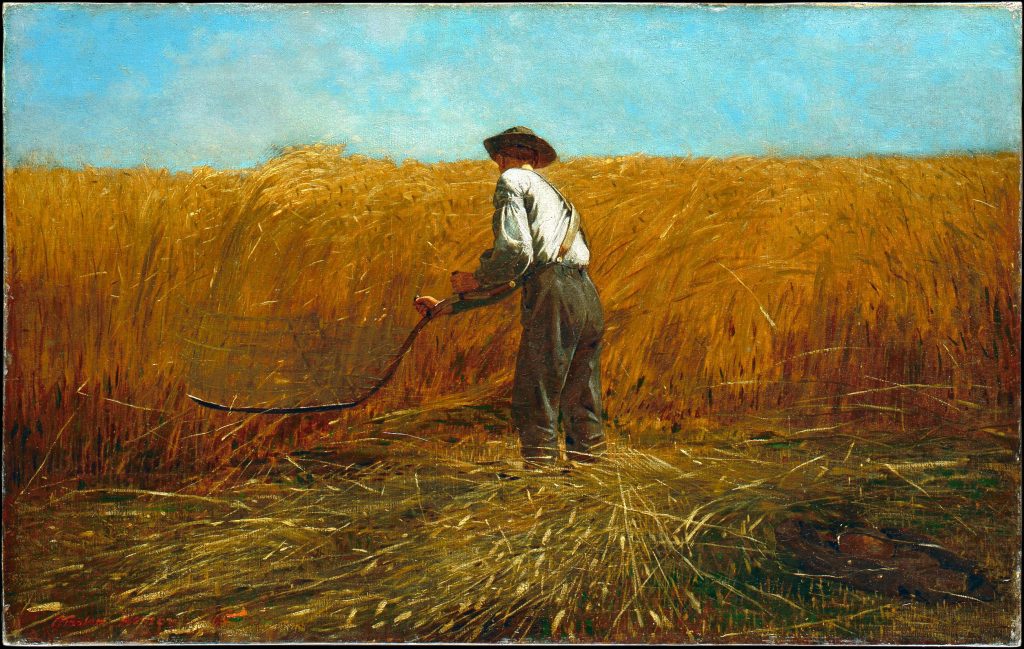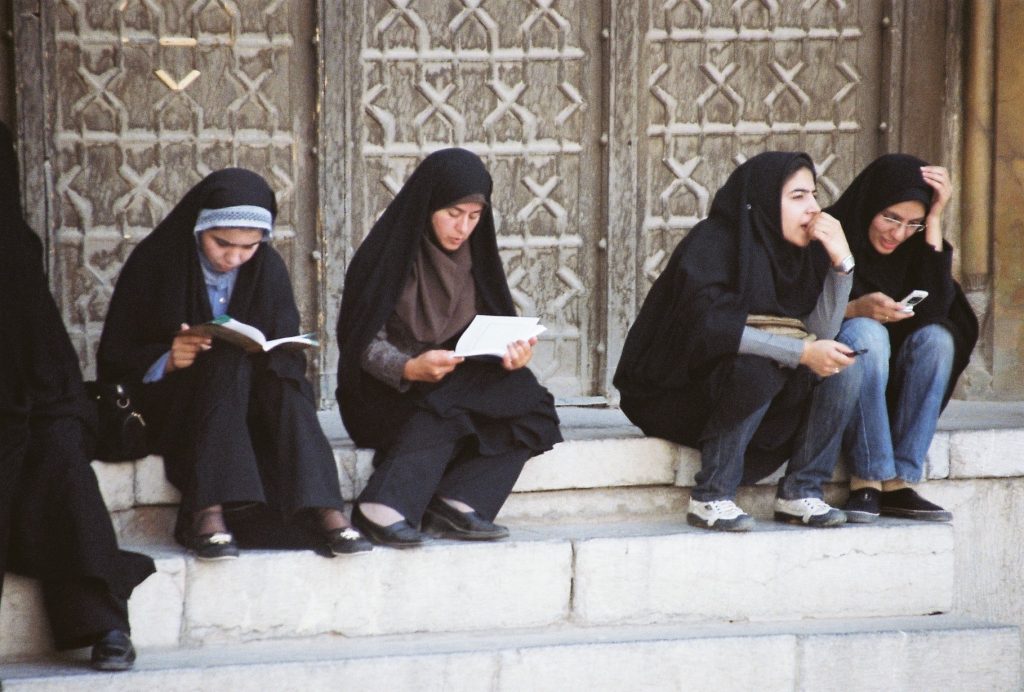Nonfiction by Margaret Morganroth Gullette from our Fall 2017 issue.
Rapture
It’s good to start with the language of rapture, because many novels about farming need their stretches of metaphoric rapture. In Ruth Ozeki’s All Over Creation (2004), winner of the American Book Award, a young radical ecologist orates enthusiastically,
Every seed has a story . . . encrypted in a narrative line that stretches back for thousands of years . . . . seeds contain the information necessary to perform the most essential of all alchemies, something that we cannot do. They know how to transform sunlight into food and oxygen so the rest of us can survive. Of course, this is what planting is all about — the ancient human impulse . . . to emulate the divine author and tease forth a new crop of stories from the earth.
The oldest people in this novel, Momoko and Lloyd Fuller, a Japanese wife and American husband who managed a successful organic seed company, are revered as “creators.” Momoko, now somewhat cognitively impaired but capable of many professional tasks, has gathered “a warehouse” of seeds that is likened to “a vault, full of treasures,” “an ancient, dusty library, shelf upon shelf filled with rare and valuable books.” About these old people, the young ecologist shouts, “Kids, your grandparents are planetary heroes! They’re saving these plants from extinction. It’s such crucial work!” The Fullers stand for resistant and enduring values: choosing non-patented and non-GMO crops, eating healthily, sharing their bounty freely. Their “library” betokens the opposite of modern monoculture — corporate farming of a single crop over vast, monotonous, flattened terrains. The ancient seeds reflect the wealth available to gardeners and to small family farmers if they wish to diversify.
“There’s nothing so important as having variety. That’s how life can still go on when the world changes,” an old woman explains to a girl in Barbara Kingsolver’s novel, Prodigal Summer. In Kingsolver’s North Carolina mountains, a curmudgeon named Garnett Walker has been trying to restore one of the lost treasures of the nation, a virus-free American chestnut tree; and right next door, Nannie Rawley, an old lady in short shorts who doesn’t spray pesticides, grows organic heirloom apples. If seeds contain information that only elderly, small-holding family farmers possess, those characters too are vaults full of treasures. In many family-farm novels, the old characters are respected as horticulturists, historians, teachers, hard workers, and stewards of the land. I read novels about farmers for a number of years, and they gave me an education that a native New Yorker like me had never had. Or, really, cared to have. From having lived in North Carolina in the earliest days of the civil rights movement, I had a hazy sense of “rednecks” as the ignorant racist other, to be avoided. Later, as a healthy eater, a backyard composter, and an environmentalist, I learned to respect the small farmers who have kept up a good fight all their lives — whatever their personal or political characteristics — as public servants and occasional “planetary heroes.” Over time, reading my ever-expanding literary syllabus, I realized I didn’t know the half of it.
To read “The One Who Feeds Us All: Old Farmers and Farm Fiction Amid the Global Food Crisis,” purchase MQR 56:4 for $7, or consider a one-year subscription for $25.
Image: Homer, Winslow. “The Veteran In a New Field.” 1865. Oil on canvas. The Metropolitan Museum of Art, New York.




